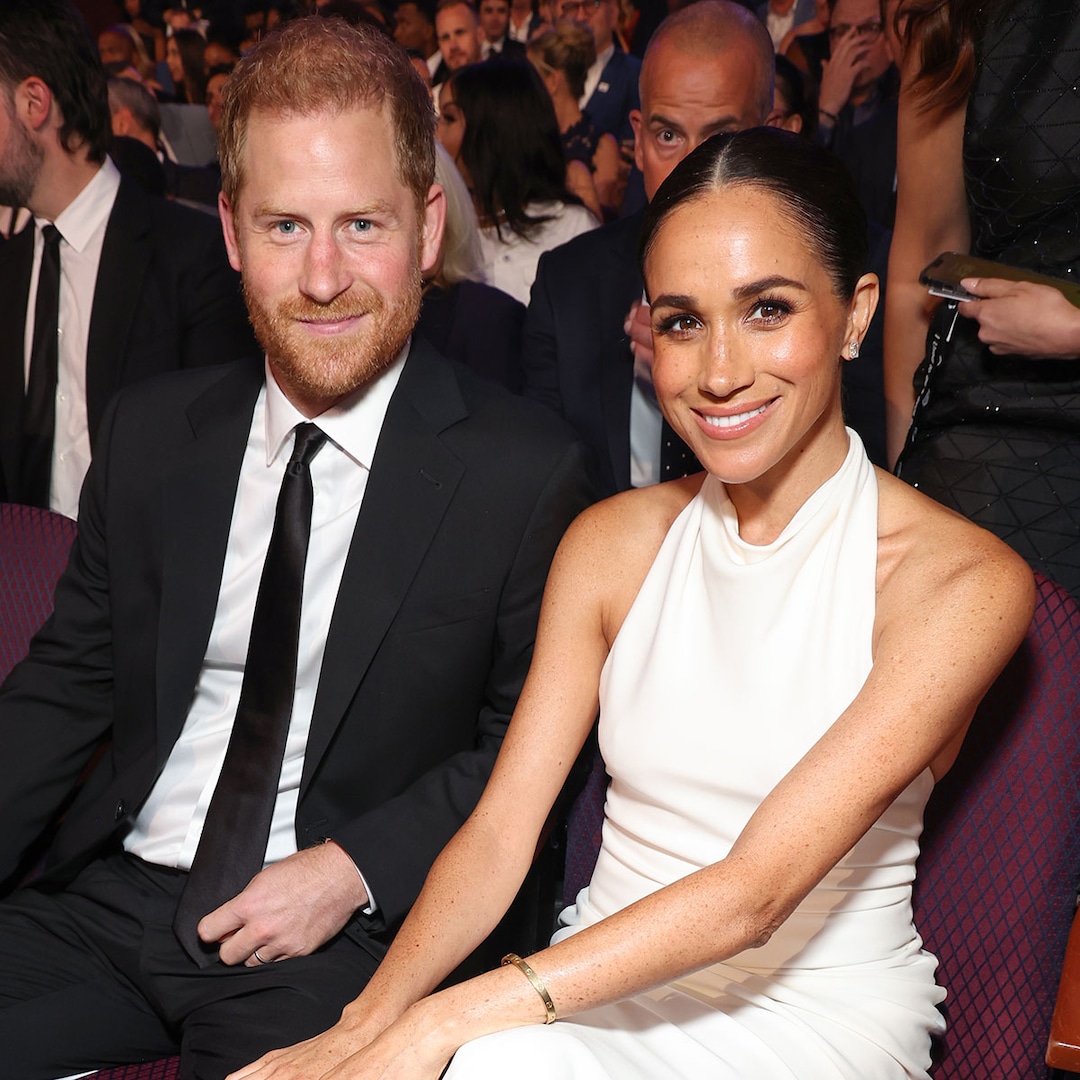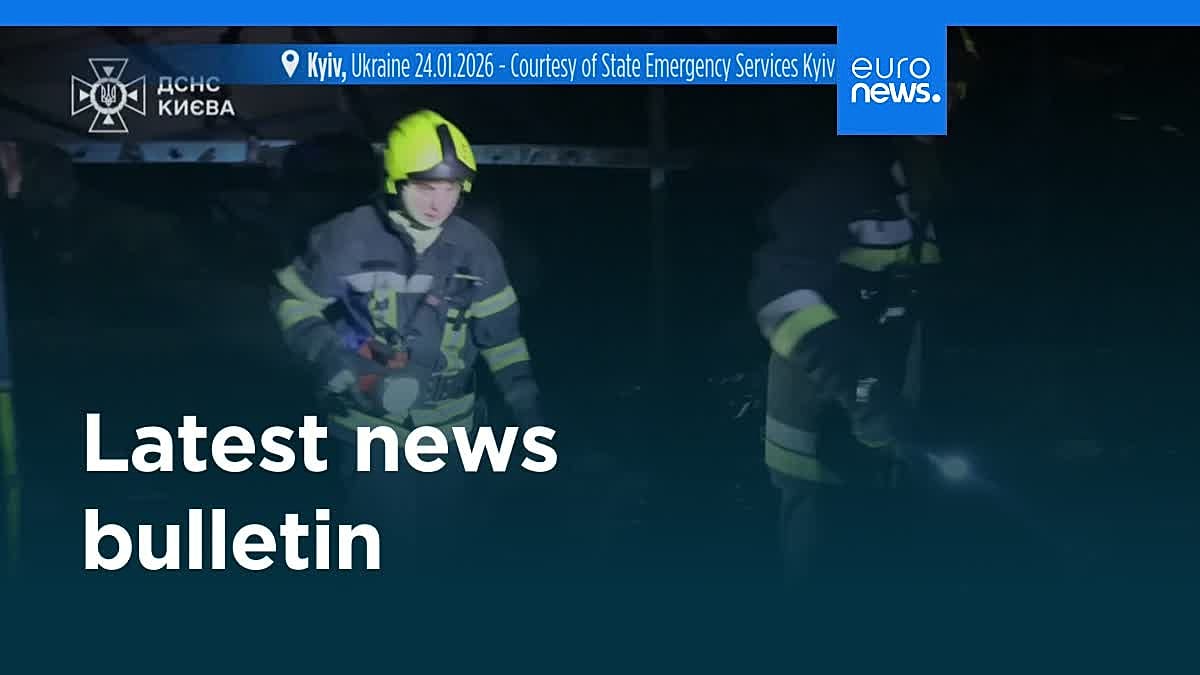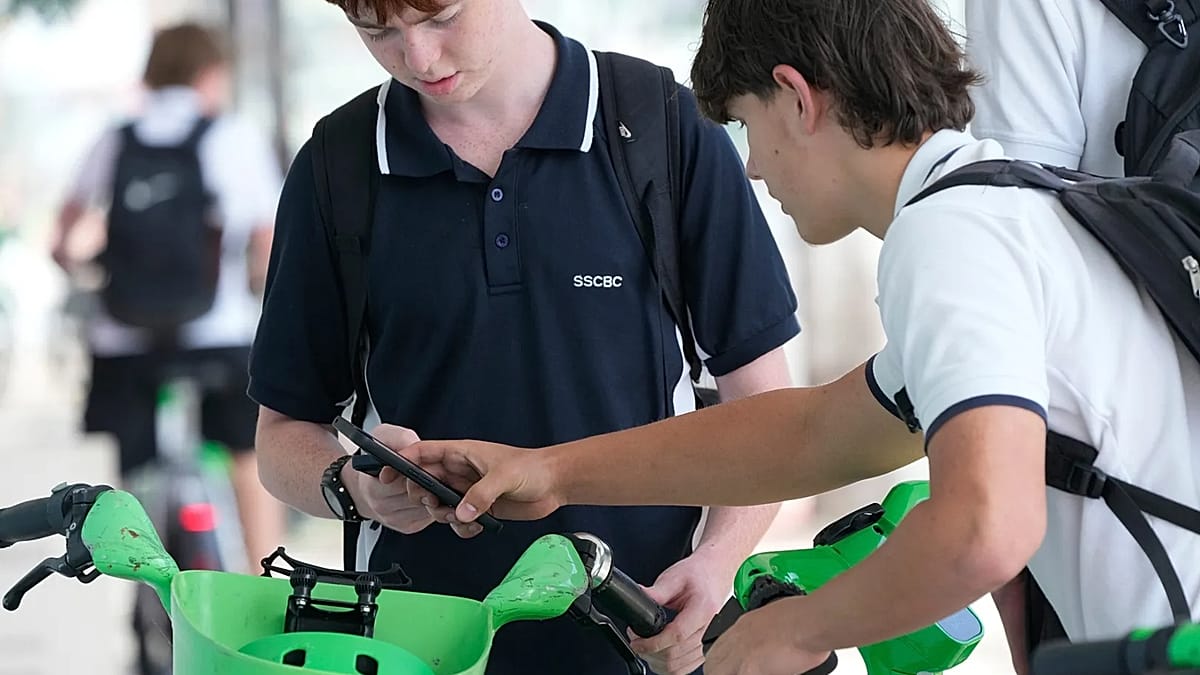The “will” factor: How to hire people who care as much as you do

Imagine joining a startup team where everyone’s rowing in the same direction, except one person. They’re technically capable, but disengaged. They stick to the minimum, avoid ambiguity, and rarely take initiative. Over time, that lack of drive slows progress and drags the team down.
It’s a familiar scenario for many founders. As one put it during a recent training I led: “We just can’t afford to have someone on the team who lacks the will to do the work.”
In startups, competence and motivation aren’t interchangeable. A skilled hire without the will to figure things out, push through uncertainty, and contribute beyond their job description won’t thrive for long. That’s why the Skill vs. Will matrix, typically used to guide delegation, can be just as valuable when thinking about hiring. The challenge is spotting “will” early, before someone’s through the door.
In this article, we’ll look at how to assess drive and motivation during interviews and how to use the first 90 days to confirm whether it’s genuine.
Interviewing for will: Going beyond the resume
In early-stage startups, interviews often focus on technical skills. That makes sense. There’s little room for error. But competence without motivation won’t get you far in a fast-moving, sometimes unstructured environment.
Here’s how to start interviewing for will, not just skill:
1. Map the role beyond today
Before you interview, get clear on:
- How the role will evolve in 6–12 months, and possibly 18 months
- Whether it’s independent or cross-functional
- How much ambiguity or pressure they’ll face
This shapes your questions around real-life expectations and not just the job description
2. Ask for stories, not opinions
Generic questions get generic answers. Instead of asking if they’re collaborative or hardworking, ask:
- Tell me about a time you worked on something you cared about. What did it take?
- Share an example of a cross-team project. What made it hard, and how did you handle it?
- Have you ever had to push late to hit a deadline on a passion project or work project? What motivated you?
You’re looking for patterns around ownership, adaptability, and initiative. Watch out for stories of them being the hero.
3. Be curious and watch for authenticity
When someone shares a story, dig deeper and notice their body language:
- What did they learn?
- How did they feel about the process or team?
- Would they approach it differently now?
- How did their energy shift from telling the stories to answering your follow-up questions?
Look for signs of ownership and insight in their answers. Driven candidates often speak with purpose or clarity about their experiences, even if they’re soft-spoken or nervous. It’s less about charisma and more about whether they show a genuine connection to their work.
Assessing “will” during the first 90 days
Even with a great interview, people can put on a good front. That’s why the probation period is about more than onboarding; it’s for observing, too. Here’s how to assess will during those first three months:
1. Create opportunities for autonomy
Early on, give your new hire a task with little structure. The goal isn’t perfection. It’s to observe how they handle ambiguity and ownership.
Look for signs of initiative:
- Do they clarify expectations or wait for direction?
- Do they ask thoughtful questions?
- Do they bring their own ideas forward?
Pay attention when they hit roadblocks:
- Do they stall or find a way forward?
- Do they ask for help when needed?
- Do they own mistakes or shift blame?
Persistence looks different for everyone. Sometimes it’s asking questions, sometimes it’s quiet problem-solving, but forward motion is key.
2. Watch for follow-through and collaboration
Day-to-day behaviour reveals a lot about motivation. Ownership shows up not just in big moments, but in how reliably people deliver on small things.
Key behaviours to watch:
- Do they follow through on commitments?
- Communicate proactively when timelines shift?
- Close loops without reminders?
Observe how they work with others:
- Are they generous with knowledge?
- Do teammates enjoy working with them?
- Are they seen as dependable?
Even informal peer feedback can give you early insights into their mindset and approach.
3. Prioritise early, honest conversations
Don’t save feedback for the end of probation. Use 30 and 60-day check-ins to gauge both their experience and your observations.
Ask questions like:
- What’s going well?
- What’s been challenging?
- Where do they feel energised, or stuck?
Share your view too. If you’ve seen hesitation or low initiative, raise it early and give them space to improve with clear expectations and agreements.
Last thoughts
In a startup, every hire is a bet. And when you’re early-stage, you’re not just hiring to fill a role, you’re hiring for trajectory. Skill gets the job done while “will” drives momentum. By designing your interviews and probation period to assess for initiative, ownership, and motivation, you reduce the risk of hiring someone who looks great on paper but stalls in practice.
The post The “will” factor: How to hire people who care as much as you do appeared first on EU-Startups.















































